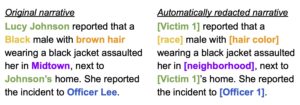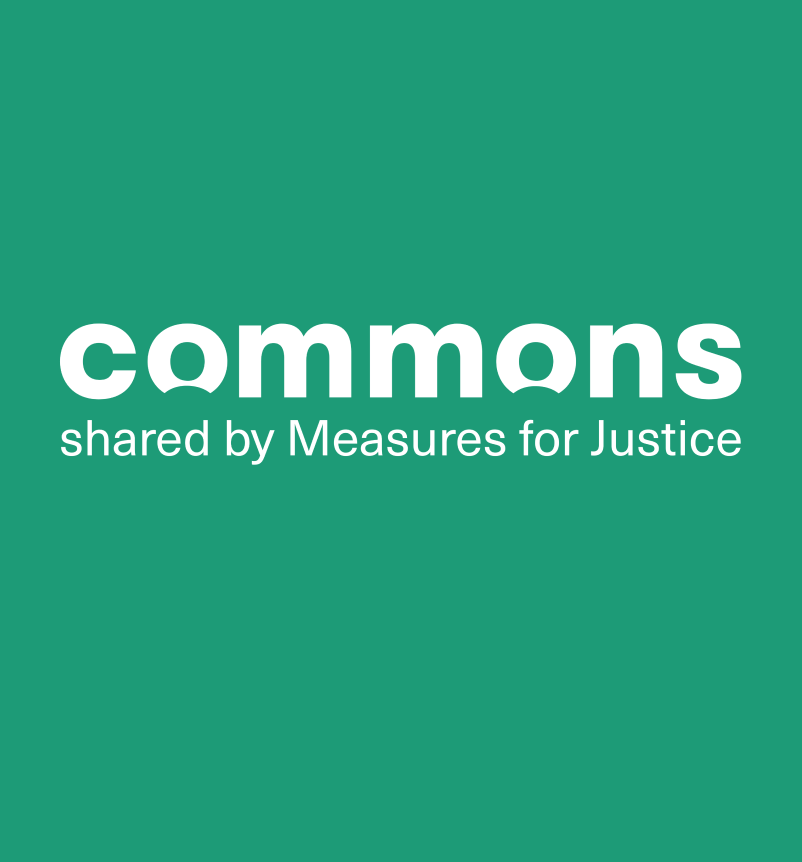(Woodland, CA) – September 9, 2021 – The Yolo County District Attorney held a press briefing on Thursday morning, September 9, 2021, to announce the official launch of a first-of-its-kind Race Blind Charging program.
Over the past few years, Yolo DA has had robust discussions with community members about the implicit or explicit bias that may occur in the criminal justice system. Prosecutors have nearly absolute discretion to charge or dismiss criminal cases. There is concern that these high-stakes judgments may suffer from explicit or implicit racial bias, as with many other such actions in the criminal justice system. Yolo DA decided to address this potential problem with the Race Blind Charging program.
Multi-Cultural Community Council Chair, Tessa Smith stated, “Embedding this race redaction algorithm into the Yolo DA’s digital case management system takes the potential for bias out of charging decisions, and may serve to reduce racial disparities at a crucial entry point into our criminal justice system. Stanford Computational Policy Lab has created a tool for us to systematically reduce opportunities for conscious or unconscious human bias to further our goal of equity and justice for all.”
When police reports are submitted by a law enforcement agency to the District Attorney requesting charges, a Deputy District Attorney reviews the report to determine whether the case can be proved beyond a reasonable doubt, and if so, a criminal complaint with those charges will be filed.
To reduce potential bias based on race in charging decisions, the Stanford Computational Policy Lab (SCPL) designed a computer program that automatically redacts most information in police reports that identify an individual’s race.
In Race Blind Charging (RBC), the deputy DA initially reviews the redacted report. After reading the redacted report, the Deputy DA answers questions prompted by the program. The first question is whether the redaction was “Good” or “Bad,” meaning were there any words not redacted that would identify the race of the suspect. If the redaction is “Bad,” the Deputy DA explains why. Next, the Deputy DA will be prompted to state how likely it is the case will be charged. Finally, the Deputy DA reviews the unredacted report. If the Deputy DA modifies the charges, the program prompts the Deputy DA to explain the reasons for the changes.
The data from each case is compiled by SCPL which then analyzes it to determine whether any conscious or unconscious bias was a factor in charging the case. SCPL worked with the Yolo DA to incorporate this computer program in their charging workflow to help prosecutors make race-obscured charging decisions on incoming misdemeanor and felony cases. Currently, the program is in its pilot stage and the law enforcement agencies participating in the program are the West Sacramento and Davis Police Departments. To our knowledge, this is the first time a DA’s office has ever built a race redaction algorithm directly into their case management system.
District Attorney Jeff Reisig stated, “People across the country have made it clear that they want meaningful reform in the criminal justice system, especially when it comes to eliminating the insidious effects of racial bias in all forms. Through our groundbreaking public/private collaboration with Stanford Computational Policy Lab, and with the input of our own community, we are proud to unveil a new technology that is squarely designed to help mitigate against racial bias in a critical stage of the criminal justice process. By using a ‘first-of-its-kind’ Race Blind Charging software program, we will ensure that our decisions on whether to charge someone with a crime are not infected by any real or perceived bias. We believe this innovation will also help improve public confidence in the procedural fairness of the criminal justice system in our county. We are excited to invite prosecutors across California and the nation to join us in implementing this innovative reform.”
Alex Chohlas-Wood, the executive director of the Stanford Computational Policy Lab stated, “The Stanford Computational Policy Lab is pleased that the Yolo County District Attorney partnered with our lab to expand the use of our race redaction algorithm. In the coming months, we will measure any impacts it may have on reducing potential bias in charging decisions in Yolo County.”
Davis Police Department Chief Darren Pytel stated, “Bias has no place in the criminal justice system. Race blind charging is an important component of ensuring that prosecutors rely only on the facts of a particular case before filing charges and not have bias, either conscious or unconscious, play a factor in their decision making. The Davis Police Department is proud to partner with the Yolo County District Attorney’s Office on this program.”
West Sacramento Police Chief Rob Strange added, “The West Sacramento Police Department is proud to be part of this significant change in our local criminal justice system and how we are working to collective confront and reform any aspects of our procedures where implicit bias may creep into our work. Surfacing these potential issues will enable us to make meaningful changes that help ensure a more equitable and just system.”
 ###
###

